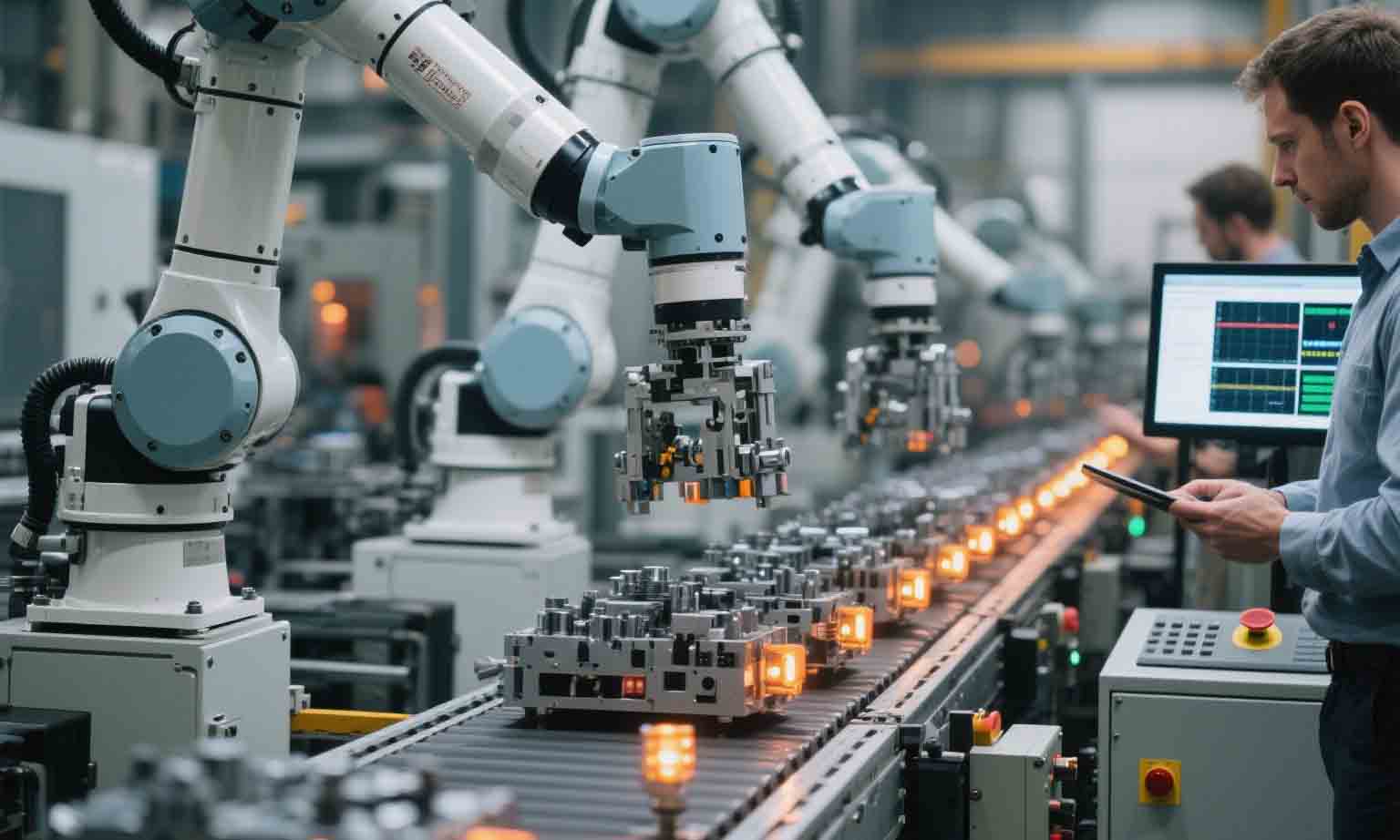Case Analysis of Artificial Intelligence: Real-World Applications and Insights
小薇 2025-06-03
Artificial intelligence (AI) has transitioned from being a futuristic concept to a practical tool driving innovation across industries.
Case Analysis of Artificial Intelligence: Real-World Applications and Insights
Artificial intelligence (AI) has transitioned from being a futuristic concept to a practical tool driving innovation across industries. In roles like yours within the technical center, understanding real-world AI applications is crucial for ensuring their effectiveness and reliability. Below, we explore several impactful AI case studies and analyze their implications.1.
Healthcare: Predictive Diagnostics
AI-powered predictive diagnostics have revolutionized healthcare by enabling early detection of diseases. For instance, machine learning models trained on vast datasets can identify patterns indicative of conditions like cancer or heart disease.- Key Takeaway: Accuracy depends heavily on data quality and diversity. As a tester, focus on validating model performance across varied patient demographics to ensure fairness and precision.
2.
Retail: Personalized Recommendations
E-commerce platforms leverage AI to offer personalized product recommendations based on user behavior and preferences. Amazon’s recommendation engine serves as a prime example, boosting sales while enhancing customer satisfaction.- Testing Perspective: Simulate different user profiles to assess how well the system adapts to individual needs. Pay attention to edge cases where insufficient data might lead to irrelevant suggestions.
3.
Finance: Fraud Detection
Financial institutions employ AI algorithms to detect fraudulent activities in real-time. These systems continuously monitor transactions and flag anomalies for review.- Practical Tip: During testing, introduce synthetic fraudulent scenarios to evaluate the sensitivity and specificity of the detection mechanism. Balancing false positives and negatives is critical for maintaining trust.
4.
Manufacturing: Predictive Maintenance
Predictive maintenance uses AI to forecast equipment failures before they occur, minimizing downtime and optimizing resource allocation. Companies like GE utilize IoT sensors combined with AI analytics to achieve this goal.- Insight for Testers: Verify that the AI integrates seamlessly with existing sensor networks and provides actionable insights in a timely manner. Stress-test under extreme conditions to uncover potential weaknesses.
5.
Education: Adaptive Learning Platforms
AI-driven adaptive learning platforms tailor educational content to match each student’s pace and style of learning. Tools like Duolingo use similar principles to enhance language acquisition.- Application in Testing: Ensure the platform adjusts dynamically to changing learner behaviors and maintains engagement through consistent feedback loops.
6.
Transportation: Autonomous Vehicles
Self-driving cars rely on AI for navigation, obstacle avoidance, and decision-making. Tesla’s Autopilot system exemplifies advancements in this domain.- Focus Areas: Rigorous testing of edge cases—such as adverse weather conditions or unexpected obstacles—is essential for safety and compliance. Collaborate closely with developers to address identified gaps.
Conclusion
The versatility of AI is evident in its wide-ranging applications, from improving healthcare outcomes to streamlining retail experiences. Your role as a tester in the technical center is instrumental in verifying the robustness and reliability of these systems. By analyzing successful implementations and identifying areas for improvement, we can collectively drive AI toward greater efficiency and impact.If there are specific aspects of AI case studies you’d like explored further, don’t hesitate to ask!Let me know if you'd also like accompanying visuals or additional details!













